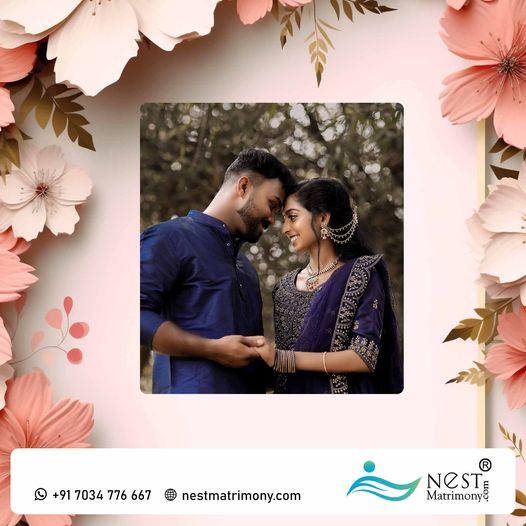The Importance of Marriage Education
Posted on 2 September
Marriage education is essential for building a strong and healthy marriage . Marriage education is vital for several reasons, contributing to both individual well-being and the overall health of relationships and communities.
Here are some reasons why:
Prepares couples for obstacles:
Marriage education lowers the likelihood of divorce by assisting couples in anticipating and preparing for frequent obstacles.
Enhances communication skills:
Acquiring efficient communication methods enables couples to resolve disputes and fortify their bond.
Develops emotional intelligence:
Marital education encourages empathy, self-awareness, and emotional control, which results in a better understanding of both the spouse and oneself.
Promotes cooperation and teamwork:
Marital education instructs partners on how to cooperate, make decisions together, and face difficulties as a united front.
Encourages personal development:
Marriage education promotes personal development and self-improvement by helping people better understand themselves and their relationship.
Improves conflict resolution abilities:
Acquiring effective conflict resolution techniques enables couples to handle arguments in a positive way.
Encourages dedication and commitment:
Marriage education emphasizes the value of dedication, commitment, and loyalty in a marriage.
Assists in navigating parenting and finances:
Marital education offers direction on handling money, raising children, and other important facets of married life.
Promotes a culture of positive and encouraging relationships:
Marriage education promotes a culture of respect, gratitude, and encouragement, which results in a happier and more satisfying marriage.
Lowers divorce rates:
Research indicates that marriage education program participants divorce less frequently than non-participants.
Education about marriage can be particularly helpful for:
- Engaged couples
- Recentlyweds
- Couples going through difficulties or arguments
- Individuals seeking to improve their bond
Various formats are available for marriage education, such as:
- Online courses and resources - Counseling and treatment - Workshops and seminars
- Books and articles; - Community programs and support groups;
Here are some key points highlighting its importance:
Strengthening Marriages: Marital education assists partners in gaining the ability to speak clearly, settle disputes amicably, and recognize one another's needs. Relationships are strengthened and a healthier partnership is fostered by this basis.
Improving Emotional Intelligence: Understanding marriage fosters self-awareness and empathy, two qualities that are essential for negotiating the challenges of a committed partnership. More peaceful encounters can result from an understanding of emotional triggers and responses.
Getting Ready for Difficulties: Marital education offers methods and resources to deal with typical difficulties like debt, conflicting parental styles, and work-related demands. Being prepared to deal with these problems might save them from developing into bigger disputes.
Encouraging Healthy Family Dynamics: Education about marriage has a good effect on the entire family. Better spouse relationships help provide a more secure and supportive environment for kids, which can have an impact on their social and emotional growth.
Supporting Community Well-being: Strong marriages contribute to the overall stability of communities. Healthy relationships often lead to better social support systems, increased civic involvement, and stronger social networks.
Fostering Resilience: Marriage education helps couples build resilience, enabling them to navigate life’s inevitable challenges with greater ease. This resilience can make it easier to adapt to changes and overcome obstacles together.
Overall, marriage education is a proactive approach to fostering healthy, lasting relationships and improving the quality of life for individuals and families. In such cases, the importance of attending marriage education is highlighted, the usefulness and importance of which is to provide knowledge not only about the marriage union but also in general about interaction and proper









